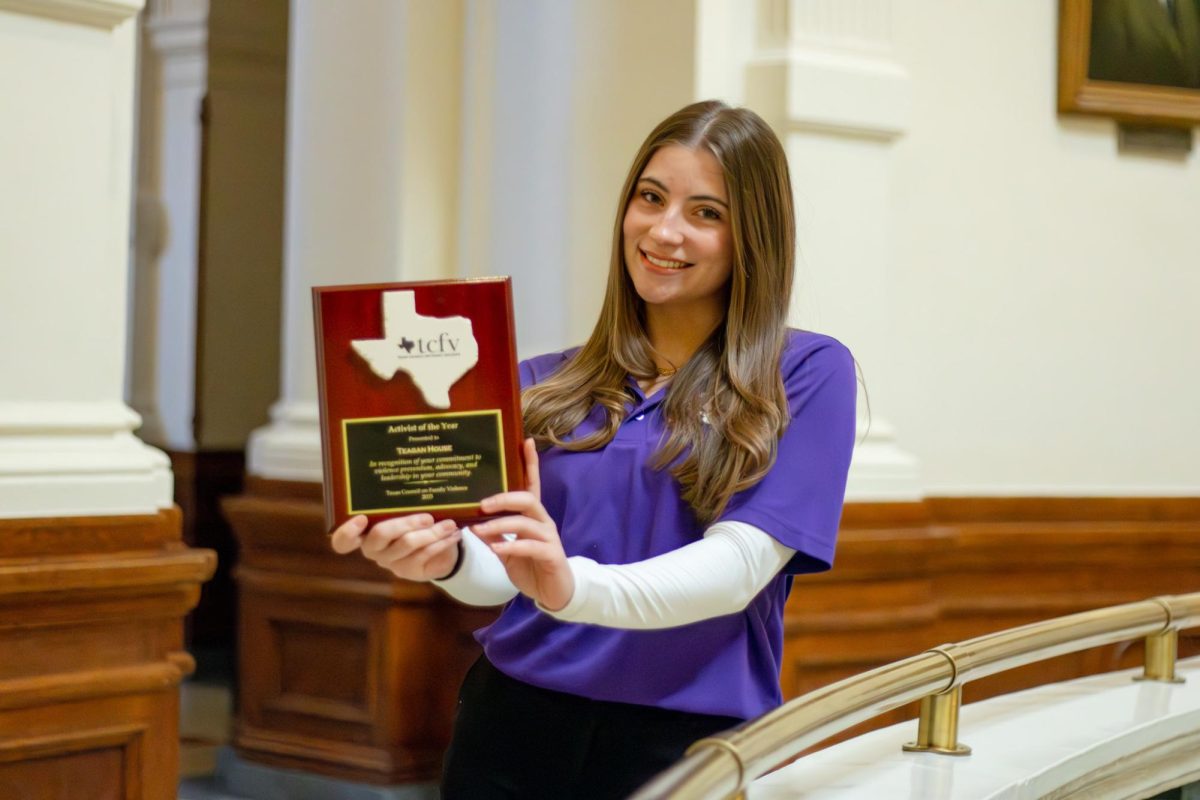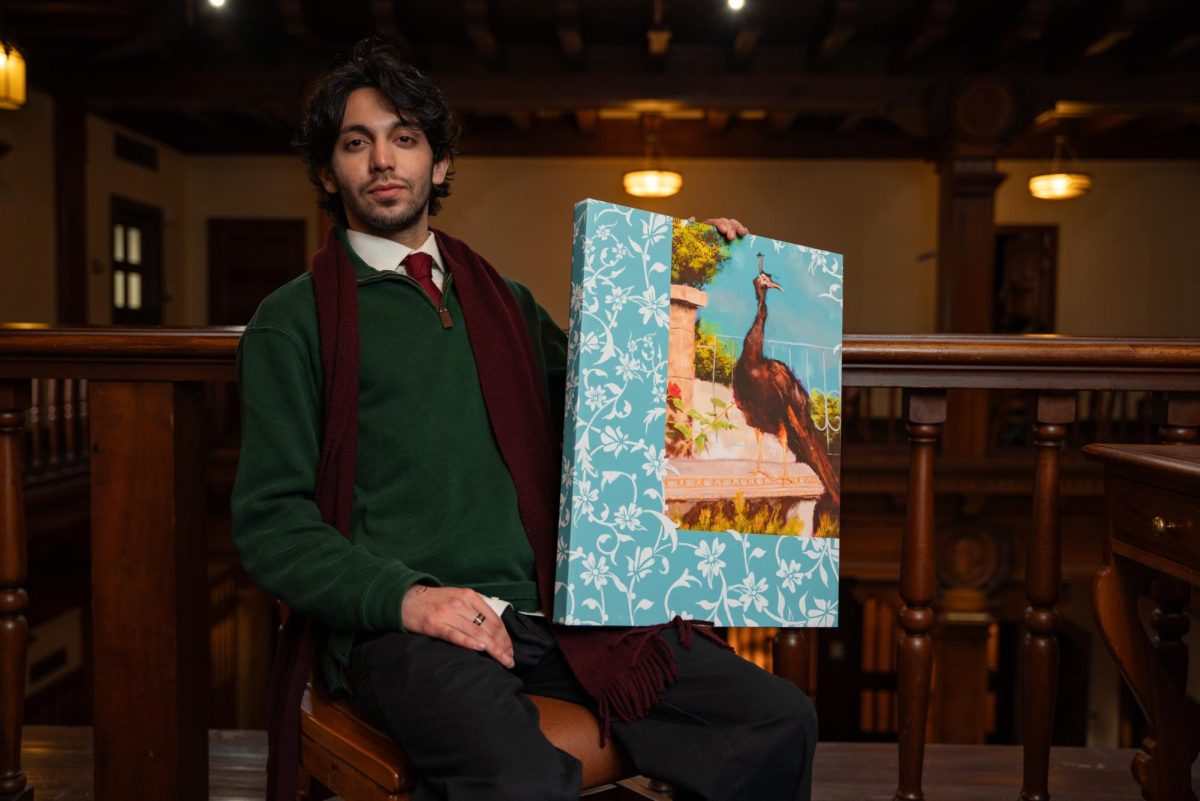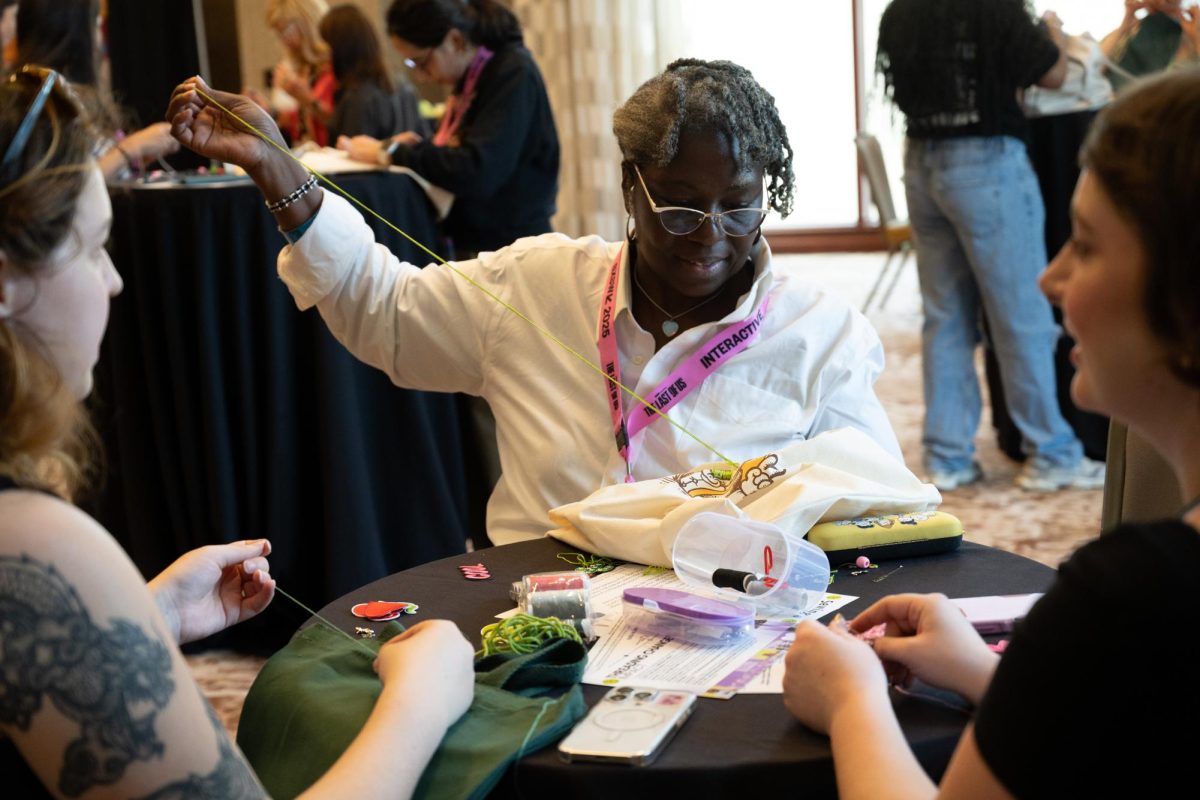Mezcal may not be the easiest liquor to find in Austin, but at the few places that it is available, mezcal can be crafted into some of the most distinctive drinks in town.
Originally created in Mexico in the early 19th century, the best-known mezcal is tequila. Though all tequila is mezcal, not all mezcal is tequila. All mezcal liquors come from the agave plant, also called the maguey. But tequila can only be made from the blue agave, while eight other agave plants have been used to create other distinct flavors of mezcal.
The type of agave plant is not the only thing that differentiates tequila from other kinds of mezcals. Mezcal is unique because of its bitingly smoky flavor. While tequila is made from steaming or boiling blue agave plants, the uncommon flavor of mezcal is created through the process of oven-baking or roasting the innermost part of the plants, the pinas. After roasting, the pinas are squeezed of their juices, which are then fermented and distilled according to the traditions of their producers — often indigenous village communities from the Mexican state of Oaxaca.
Only a handful of bars and restaurants in Austin serve the spirit, and popular consensus in the U.S. is often not in mezcal’s favor because of its pungency. Never a subtle drink, mezcal cocktails are gaining popularity here in Austin, according to a seasoned mixologist at Péché.
“People are finally getting interested in things that actually have flavor again,” he said. “Even the popularity of vodka is slowly decreasing here.”
You can find mezcal at authentic Mexican restaurants such as La Condesa or Garrido’s, but if you’re not in the mood for a full-scale meal, there are a select few bars that serve it as well.
Péché, 208 W. Fourth St.
Oddly enough, Austin’s premiere absinthe and pre-Prohibition drink spot, Péché, is the only place in the city where a wide variety of mezcal cocktails are served. While the drinks aren’t advertised on the bar’s menus, there are about six different mezcal cocktails that the experienced bartenders at Péché can whip up.
The Scorned Conzuela — a mix of mezcal, sweet vermouth, Cynar, house-made spicy Spanish bitters, muddled jalapeno and flamed orange peel — is the spiciest of Péché’s mezcal offerings. The aromatics of a Scorned Conzuela are remarkably similar to the smell of raw beef. And the flavor of the drink has the intense smoldering flavor of smoked meat, but the combination of the jalapeno and citrus embellishment makes it surprisingly drinkable.
However, I must caution that a Scorned Conzuela is for sipping only. If you’re looking to pound back drinks, this will have you worshipping the porcelain gods before your night even gets going.
On the other side of the flavor spectrum is Péché’s Smoking Monk. A combination of top-grade mezcal with green and yellow chartreuse, lime juice and Benedictine, the Smoking Monk is an exceptionally smooth way to serve the potentially brash liquor. Still sharp with the meaty smokiness of mezcal, the Smoking Monk is balanced with fresh, herbal flavors. Much less jarring than the Scorned Conzuela, the Smoking Monk is a great introductory drink for those who are unfamiliar with mezcal.
Chupacabra Cantina, 400 E. Sixth St.
I heard about Montezuma’s Revenge after a Yelp.com query for mezcal in Austin led me to a Chupacabra Cantina reviewer who wrote that it was “quite foul in the flavor department.” A bold mix of absinthe and mezcal, I expected to have a similarly negative experience with Chupacabra’s vengeful shot-sized mezcal option. I predicted that it would taste like bile.
But I was pleasantly surprised by Montezuma’s Revenge. I have never been a huge fan of the cough-syrupy flavor of absinthe, but when combined with mezcal, absinthe’s note of licorice and herbal zestiness is complemented so as to be just as bold, but somehow less harsh. Similarly, the absinthe didn’t exactly hide the mezcal’s signature smoky flavor, but it tamed it just enough. Unexpectedly, absinthe and mezcal balance each other out. Then again, I definitely did not take Montezuma’s Revenge as a shot. I drank my Revenge slowly and with a side of water, savoring each sip.
Takoba, 1411 E. Seventh St.
Recently opened Mexican cuisine cafe Takoba has three mezcal varieties available at its bar, including two of the highest-grade mezcals on the market — Del Maguey brand’s Minero and Chichicapa varieties. Takoba serves the Del Maguey mezcals straight up, or with a splash of water as an after-dinner drink. Though exceptionally jarring to my stomach, some people enjoy sipping on mezcal after a meal, similar to the tradition of an after-dinner Grappa drink in Italy — the harsh drink is supposed to calm the full feeling of a post-food stomach.
But I was much more impressed by the mango-habanero margarita with Monte Alban mezcal substituted for tequila. With homemade habanero syrup, fresh muddled habanero slices, mango mix, Cointreau, simple syrup and lime juice, the mezcal is well-buffered, but not hidden, by these less-harsh flavors.




















